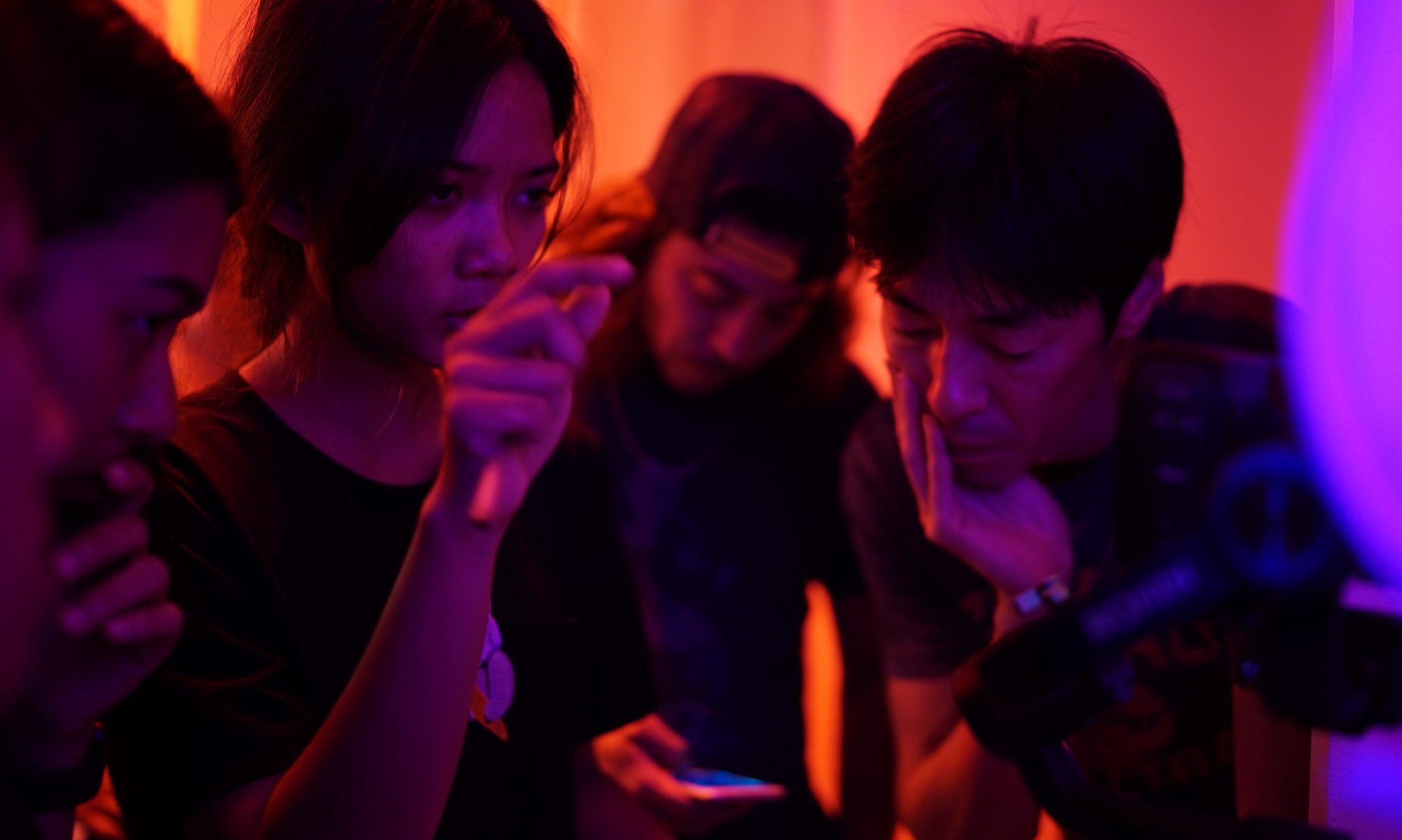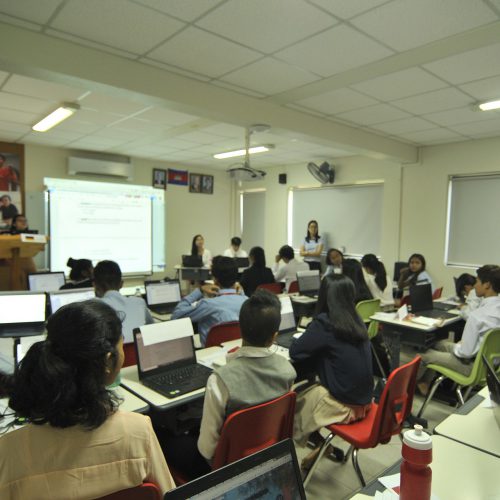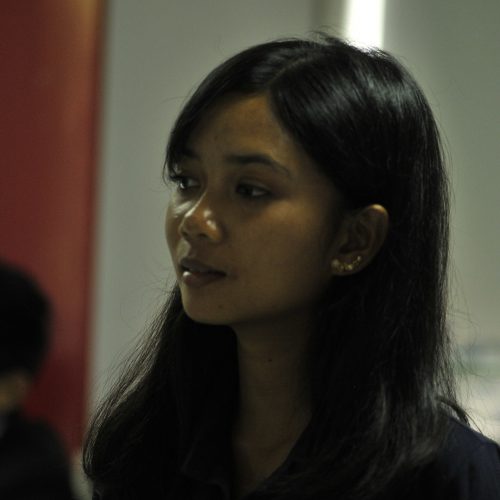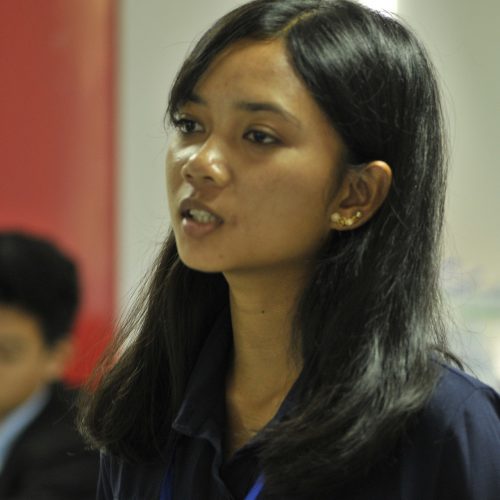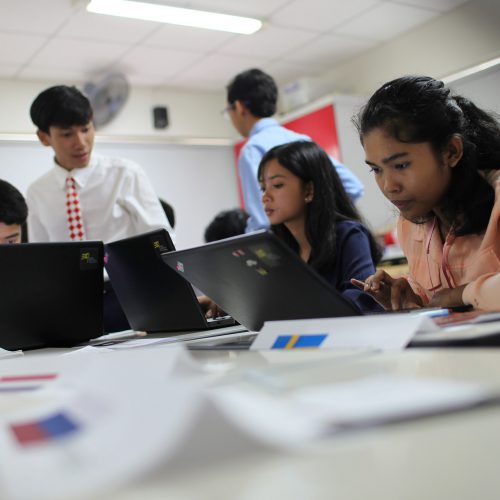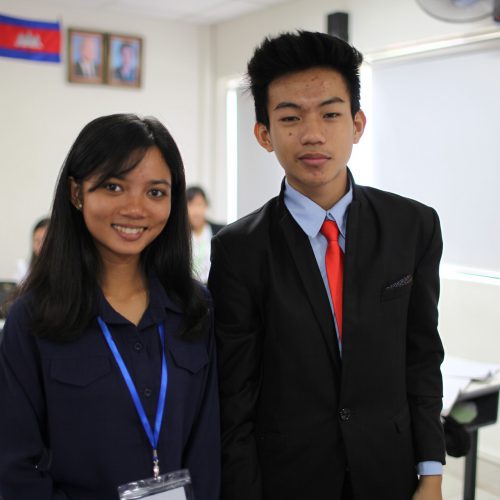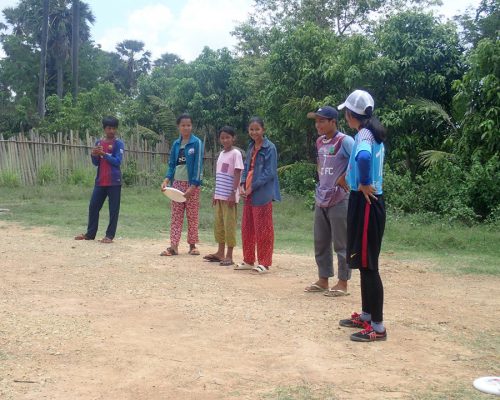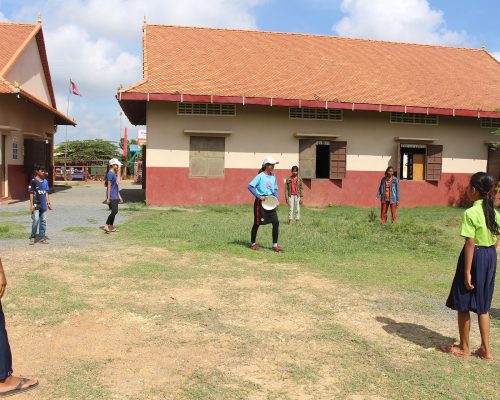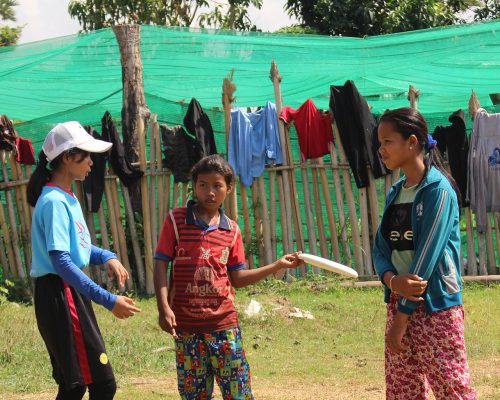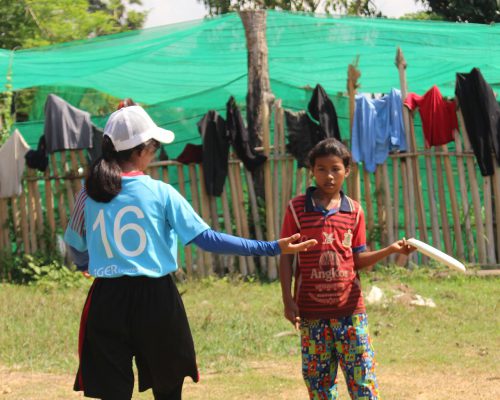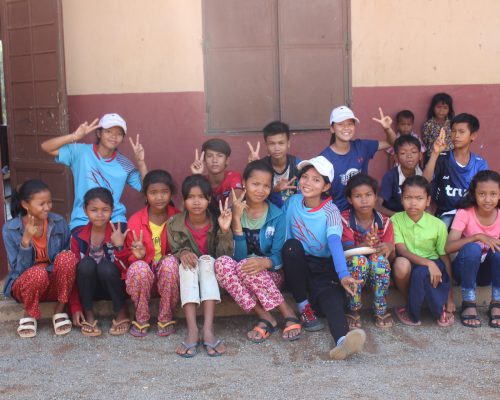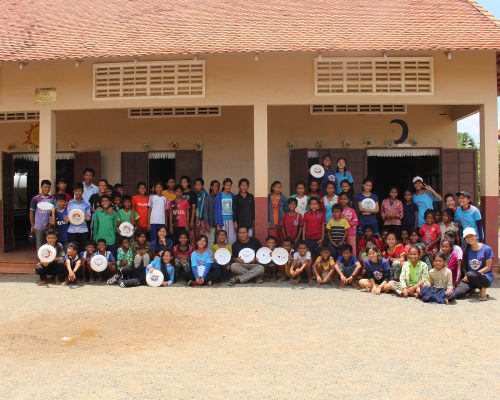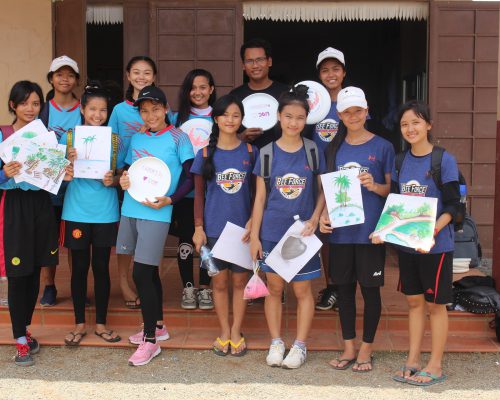May 24th, 2018
Feeding the World’s Growing Billion, Air Quality and Pollution Control are hot topics that are being discussed for solutions everywhere in the world. Liger have also taken the topic and present in a slightly distinctive way by debating the topics in all Khmer format following the Model United Nations (MUN) process. Everyone would be a representation of a country which is known as “delegate”. I was the delegate of France. It was a new experience doing MUN and was stressful due to the time limit we got, but we did it so well. I found the experience could benefit me in a variety of ways: I can use more advanced Khmer words, but at the same time, I could also learn about the country I represented and be able to improve my public speaking skill. I like the experience and I am really looking forward to more of this next year. Below is a link to our first Khmer MUN preview that was created by my friend, Samady Sek. https://www.youtube.com/watch?v=91mvZkWdTi0&feature=youtu.be
